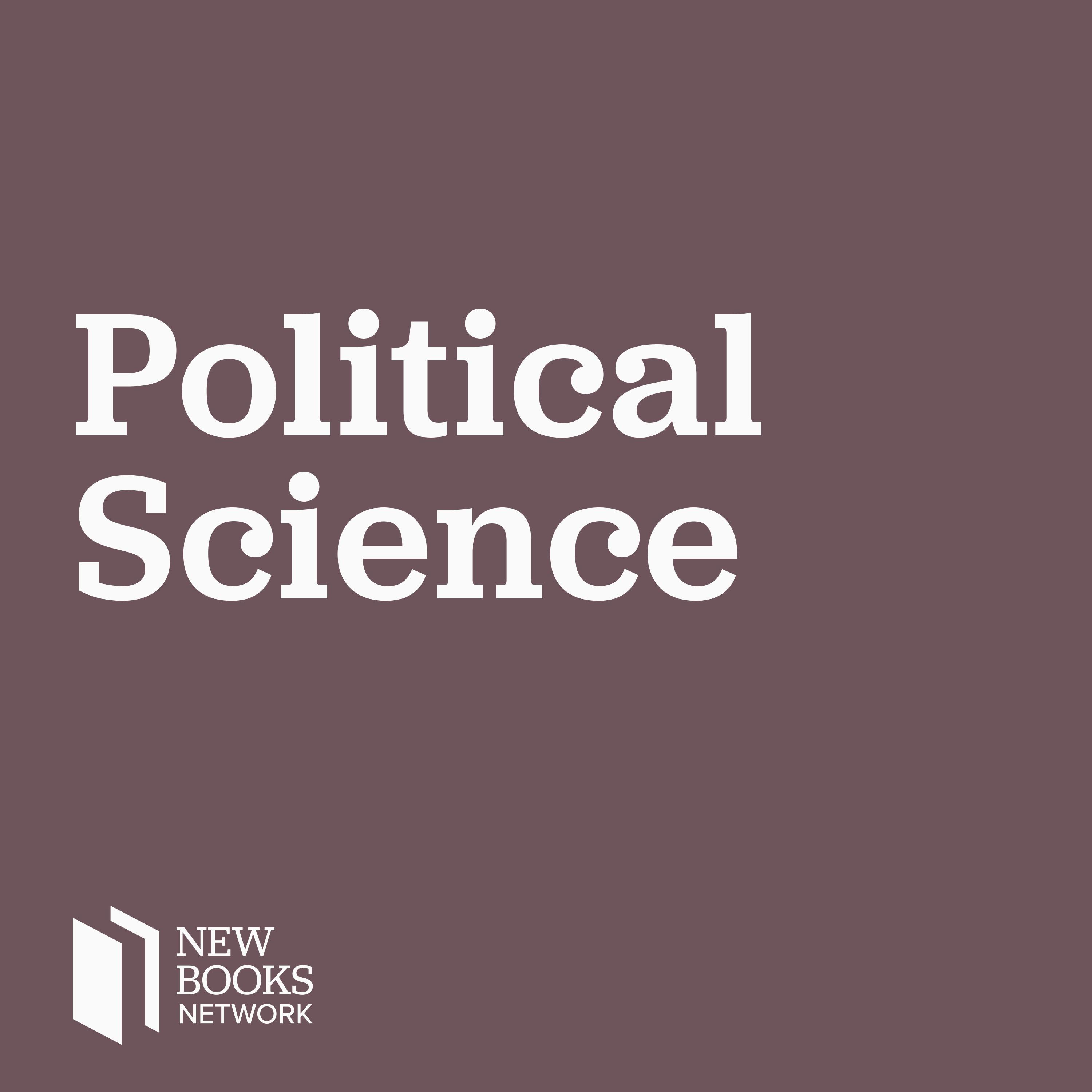D. J. Taylor, "Who Is Big Brother?: A Reader's Guide to George Orwell" (Yale UP, 2024)
Description
An intellectual who hated intellectuals, a socialist who didn't trust the state--our foremost political essayist and author of Animal Farm and Nineteen Eighty-Four was a man of stark, puzzling contradictions. Knowing Orwell's life and reading Orwell's works produces just as many questions as it answers.
Celebrated Orwell biographer D. J. Taylor guides fans and new readers alike through the many twists and turns of Orwell's books, life and thought. As a writer he intended his works to be transparent and instantly accessible, yet they are also full of secrets and surprises, tantalising private histories, and psychological quirks. From his conflicted relationship with religion to his competing anti-imperialism and fascination with empire, Who Is Big Brother?: A Reader's Guide to George Orwell (Yale UP, 2024) delves into the complex development of this essential yet enigmatic voice.
Taylor leads us through Orwell's principal writings and complex life--crafting an illuminating guide to one of the most enduringly relevant writers in the English language.
Learn more about your ad choices. Visit megaphone.fm/adchoices
Support our show by becoming a premium member! https://newbooksnetwork.supportingcast.fm/political-science
More Episodes
Nationalism has long been a normatively and empirically contested concept, associated with democratic revolutions and public goods provision, but also with xenophobia, genocide, and wars. Moving beyond facile distinctions between 'good' and 'bad' nationalisms, Varieties of Nationalism:...
Published 05/04/24
This week, RBI Director John Torpey speaks with Amos Goldberg, Professor of Holocaust History at the Department of Jewish History and Contemporary Jewry at the Hebrew University of Jerusalem, about the ongoing war between Israel and Hamas. Among other rhetorical aspects of the conflict, Goldberg...
Published 05/01/24
When we think of censorship, our minds might turn to state agencies exercising power to silence dissent. However, contemporary concerns about censorship arise in contexts where non-state actors suppress expression and communication. There are subtle and not-so-subtle forms of interference that...
Published 05/01/24


